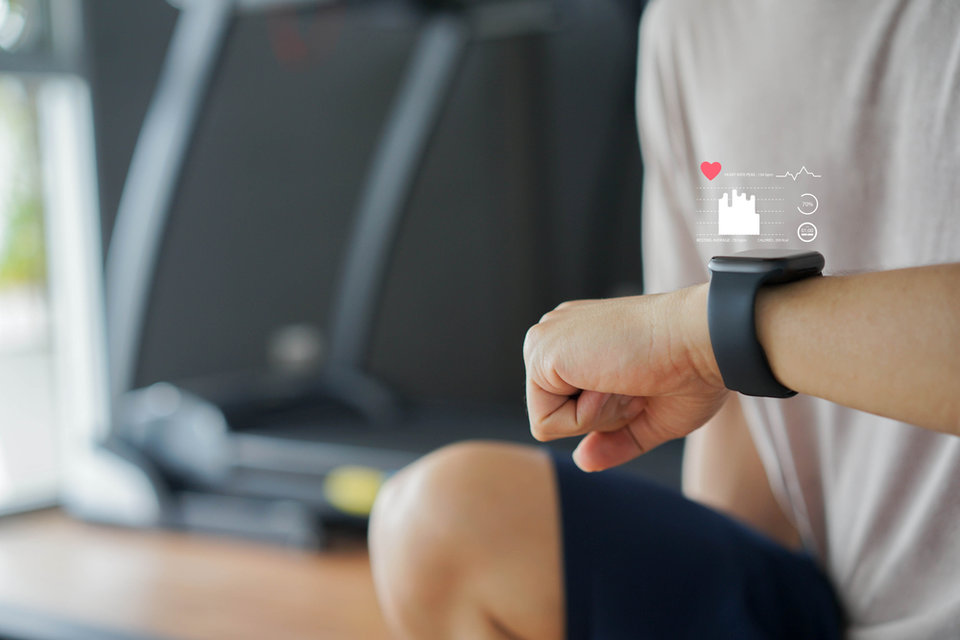
Wearable technology offerings for cardiology expand with RhythMedix’s new RhythmStar cardiac monitor
On 18 February 2021, RhythMedix announced the launch of its newest-generation wearable cardiac monitor, the RhythmStar. This device boasts cellular connectivity and joins a roster of wearable cardiac devices already available on the market.
In healthcare, “wearable technologies” refers to non-invasive devices that capture, analyse, and aggregate physiological data to improve personal health and well-being. While historically utilised mainly for fitness tracking, the usage of wearable technology has been steadily growing in the healthcare field.
In the cardiology space, a common application for wearable technology is heart rhythm monitoring. Heart rhythm issues, or “arrhythmias,” may affect as many as 2% of adults.
As of 2021, GlobalData estimates that atrial fibrillation (a specific type of arrhythmia) affects nearly four million Americans. It is important to diagnose and treat heart arrhythmias early because, if left untreated, they can lead to heart failure or, in some cases, even sudden cardiac death.
There are a number of wearable devices that detect heart arrhythmias via electrocardiogram (ECG) monitoring. This capability has even been incorporated into more generic devices; for instance, Apple’s SmartWatch has been FDA-approved to take clinical-grade ECG recordings and detect atrial fibrillation.
On the other hand, some devices are manufactured specifically for this purpose, such as AliveCor’s Kardia device.
Typically, the ECG recordings from these devices are sent to a nearby cellular device such as a smart phone, where an application collects and reads the ECG recordings and, in some cases, transmits them to physicians wirelessly.
The RhythmStar cardiac monitor, a new wearable ECG monitoring device from RhythMedix, has built-in cellular connectivity. This means that the device itself can collect ECG recordings and send them wirelessly to physicians without the need for an intermediate device such as a phone.
This streamlined approach to wearable ECG monitoring may entice more people to use these types of devices, raising their market potential.
Overall, if more people are able to diagnose their heart arrhythmias earlier thanks to wearable devices, the pool of patients requiring treatment for their arrhythmias will increase. Subsequently, the market for devices to treat heart arrhythmias (such as electrophysiology ablation devices or pacemakers) will grow.
For more insight and data, visit GlobalData's Medical Intelligence Centre
COMMENT from